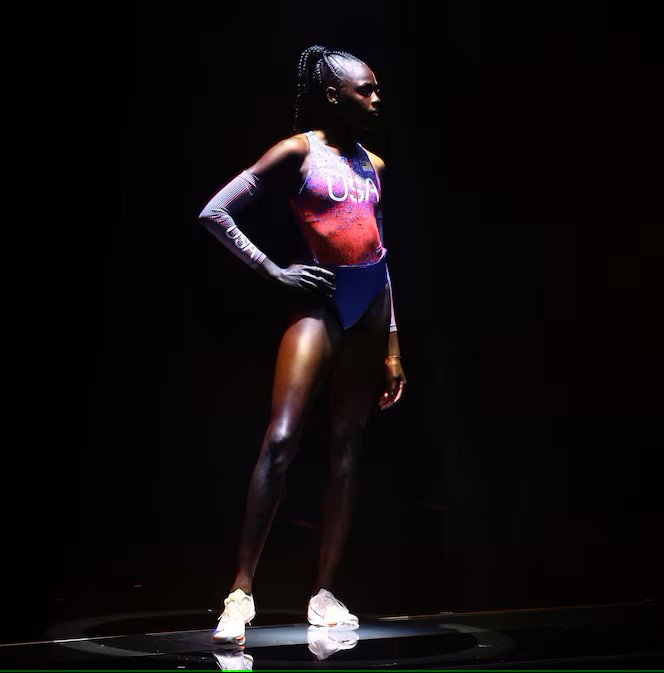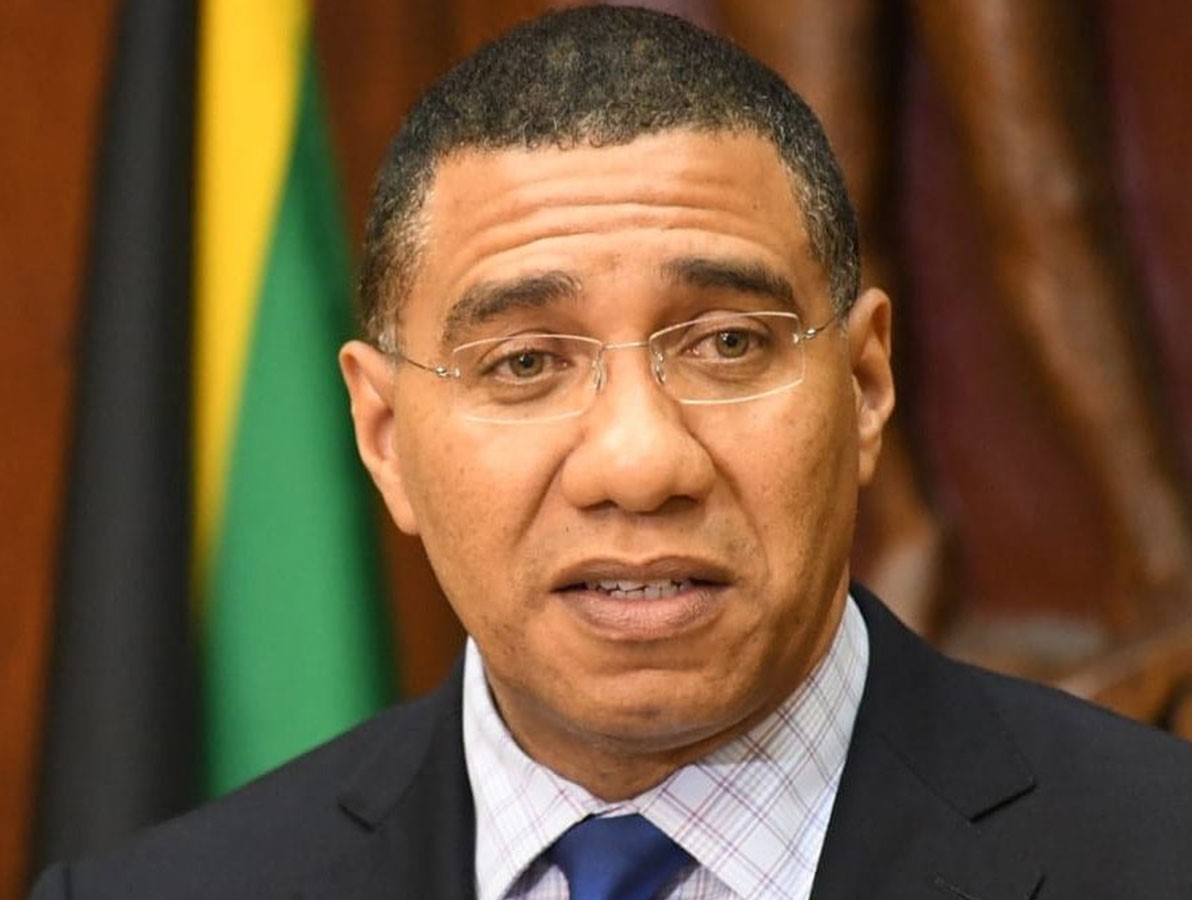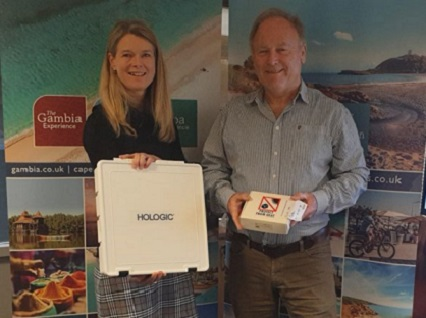A year on from the publication of ‘A Manifesto for Clean Athletics’ UK Athletics (UKA) has today launched its own ‘Clean Athletics’ brand with the aim of reinforcing UK Athletics’ commitment to athletes competing free from performance-enhancing drugs. ‘Clean Athletics’ will replace the former ‘Anti-Doping’ department. Last year’s manifesto called for a wide-ranging debate about measures that could be introduced to achieve a new era of clean athletics.
Amongst the updated positions against the original 14 proposals made within the Manifesto for ‘Clean Athletics’ are:
· Anti-doping agencies should be renamed ‘Clean Sport,’ or their equivalent in local language – for example Clean Sport UK – to emphasise the ultimate purpose of their activities.
UK Athletics launches its own ‘Clean Athletics’ brand - replacing the former Anti-Doping department.
· And UK Athletics will seek to enforce a lifetime ban against representing Great Britain for any athlete guilty of a serious anti-doping violation.
We have been operating our Team Members Agreement for a year now, which states athletes contractually forfeit their right to further compete for British Athletics if found guilty of a serious doping offence.
· Bans should be extended to a minimum of eight years for serious doping offences to ensure that cheating athletes miss two Olympic or Paralympic cycles. Lifetime bans should also be applied in appropriate cases.
Other federations have either announced or are currently working on their own system of ensuring lifetime bans.
· A call to the IAAF to investigate the implications of drawing a line under all pre-existing sport records – for example, by adjusting event rules – and commencing a new set of records based on performances in the new Clean Athletics era.
European Athletics have announced a taskforce to look into possible resetting of records and further debate has suggested the removal of all athlete records upon any serious doping offence.
· The IAAF should insist that all athletes competing in world championships have a valid blood/biological passport and have been subject to a predetermined number of in-competition and out-of-competition tests in the twelve months preceding the competition.
As part of their re-instatement requirement, IAAF is now insisting Russian athletes demonstrate their cleanliness with a set number of approved tests, a requirement which may become a future basic level of compliance across the sport.
· A call to all companies who engage in sports sponsorship not to support any athlete found guilty of a serious doping offence as a matter of principle in support of Clean Athletics. In addition we call for the IAAF to ring-fence a percentage of each of its commercial sponsorships to be used toward the funding and support of ‘Clean Athletics.’
The DCMS has recently announced a review of UKAD. We hope that this will result in a substantial increase in its funding from government and recognition that it requires far more resource.
UK Athletics Chair Ed Warner said: “As we announced last year, the integrity of athletics was challenged as never before in 2015. However 2016 saw a seismic change in the way athletics responded to doping in sport.
The stances taken by both the IAAF for athletics and the IPC on behalf of all Paralympic sports could be seen as a turning point, but there is still much to do. Watching federations such as Athletics Ethiopia announce its own lifetime bans is another step in the right direction.
Overall, we are concerned that the pace of change remains too slow, in spite of the Russian situation and the spotlight it shed on WADA and its relationship with the IOC last summer. There remains too much denial in too many quarters, but we will continue to work to make progress in the areas we can.
Finally we are using this one year on moment to launch our own ‘Clean Athletics’ brand and would urge other sports to follow suit to remain focused on what they want to achieve.”

















